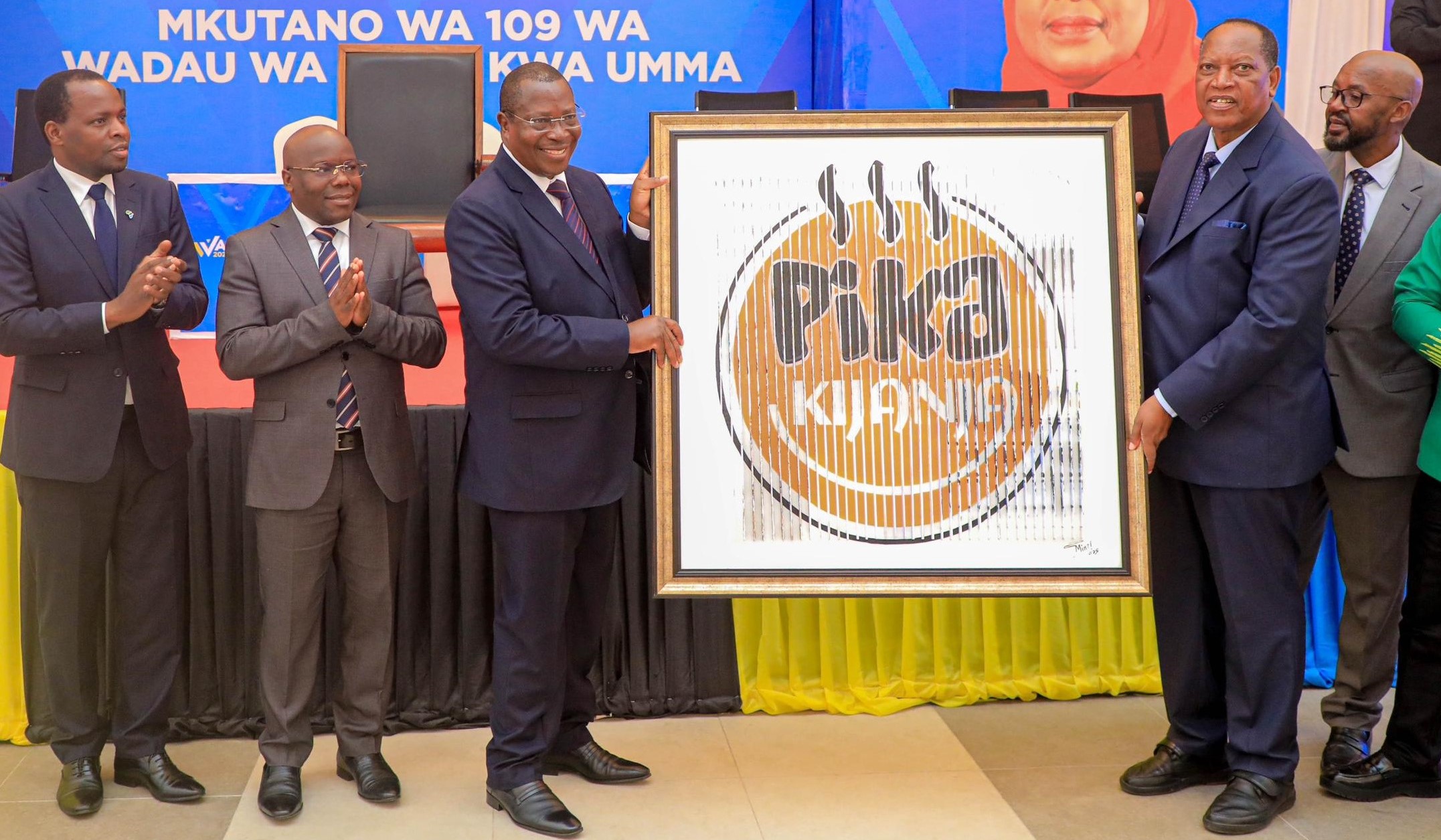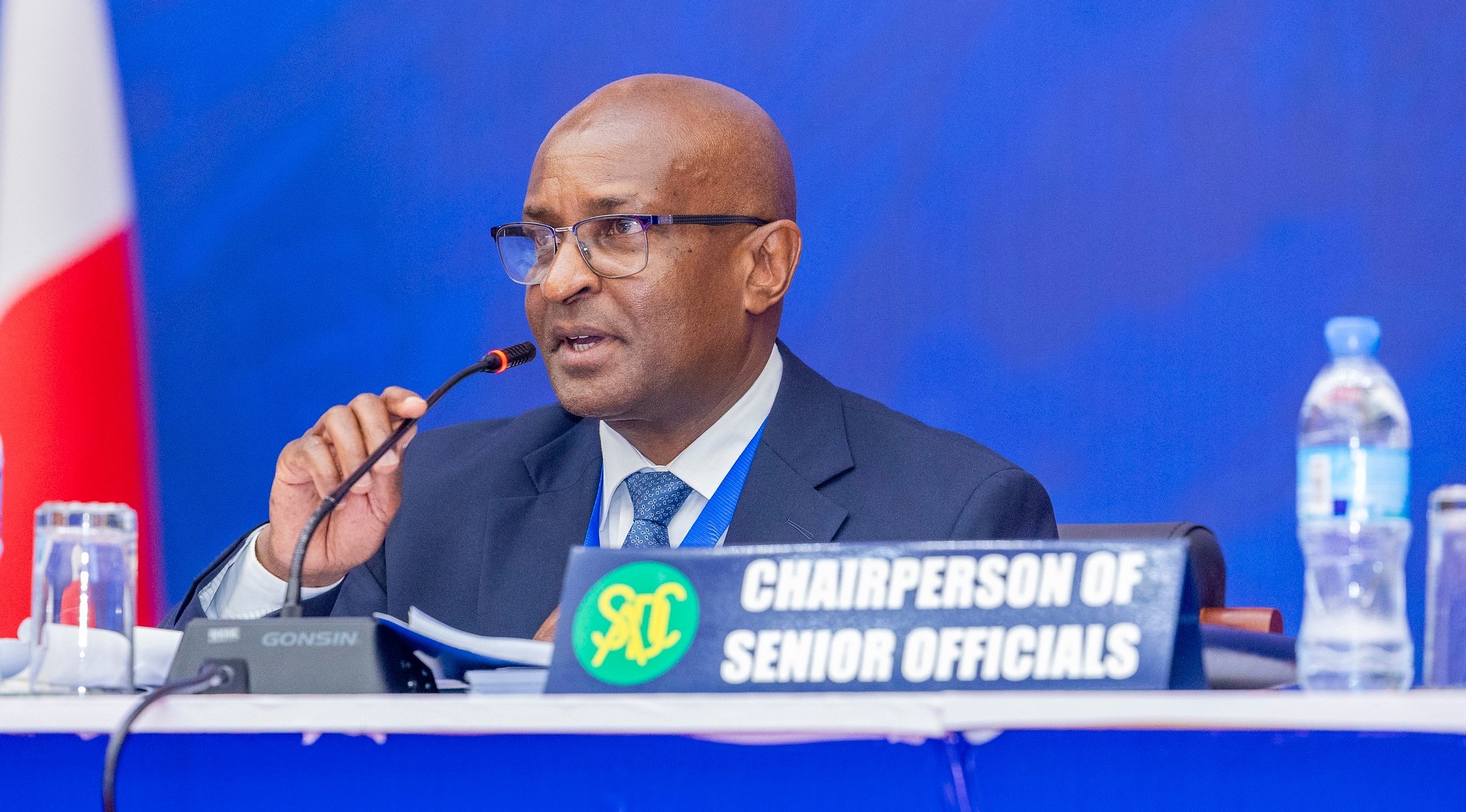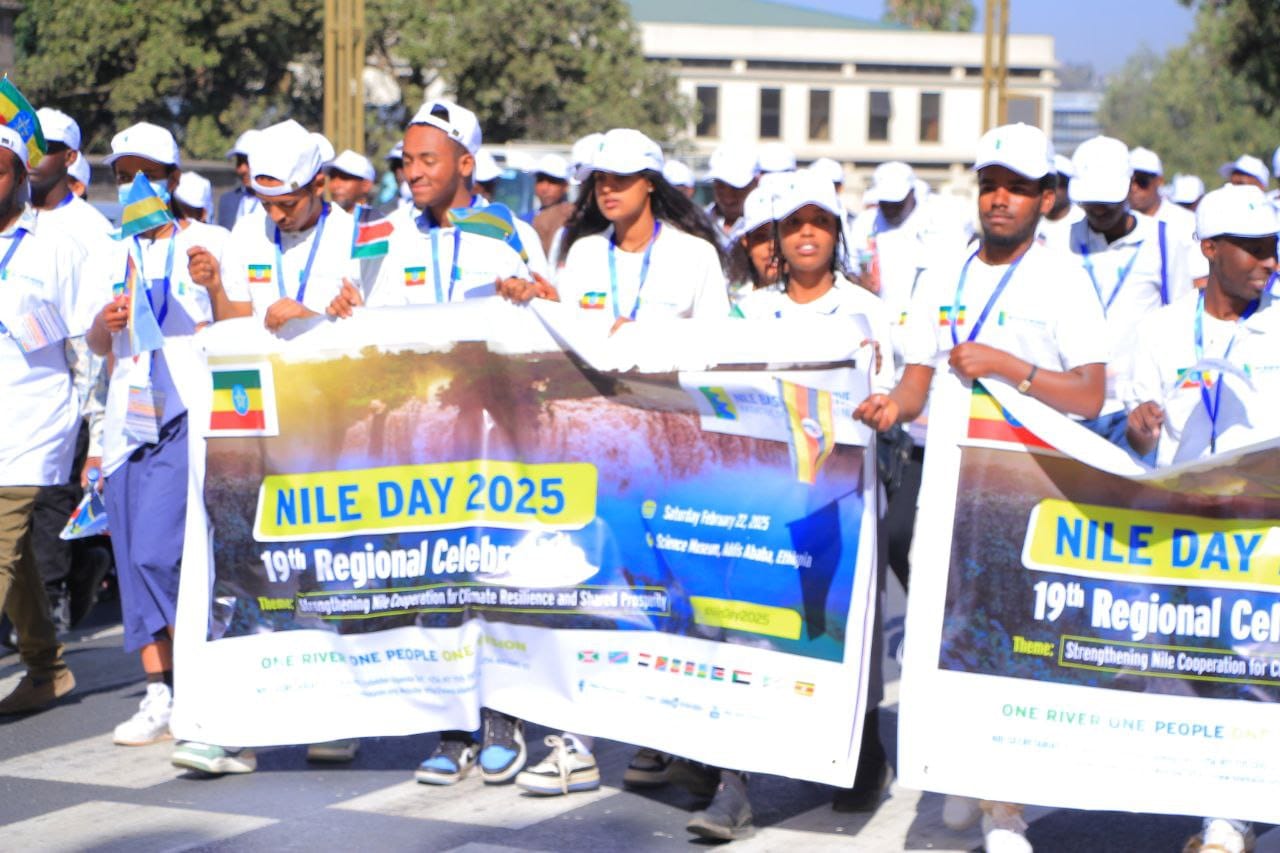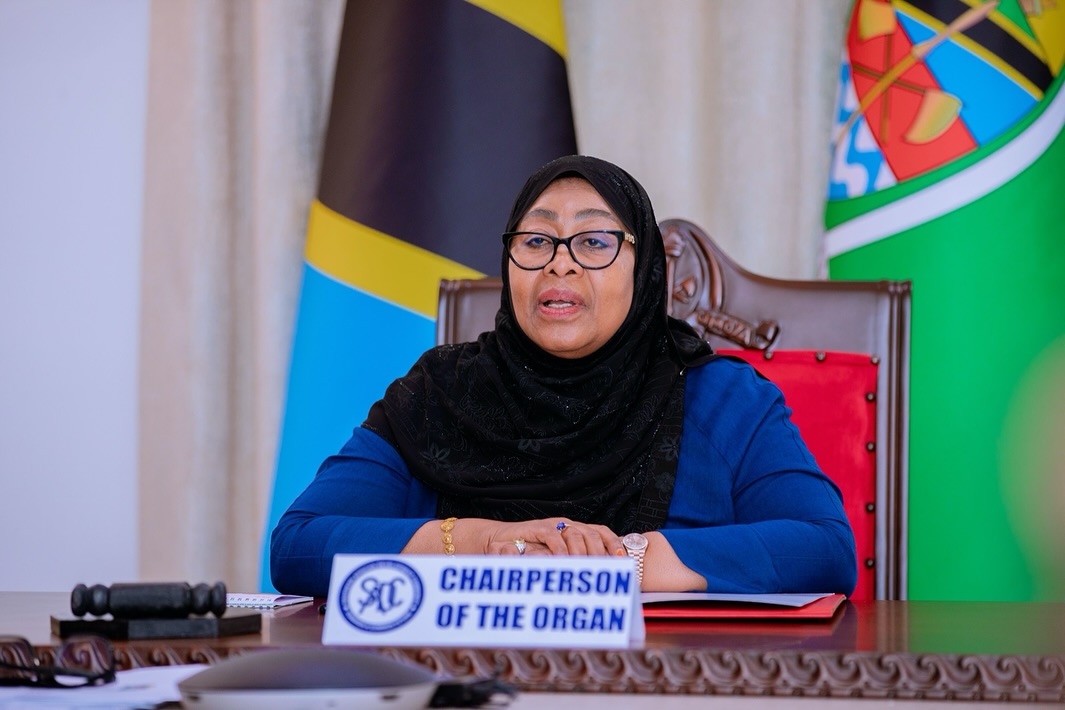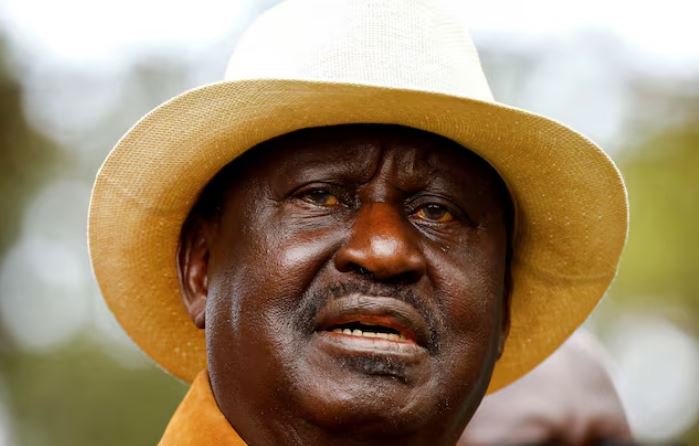Dar es Salaam. Mahmoud Youssouf, the newly appointed Chairperson of the African Union Commission (AUC), is no ordinary diplomat—he’s a seasoned powerhouse in African politics.
Born on February 9, 1965, Mr Youssouf has been a pivotal figure in Djibouti’s political landscape for nearly three decades, weaving his way through the intricate tapestry of international diplomacy with finesse and ambition.
Since 2005, he has held the dual roles of Minister for Foreign Affairs and International Cooperation, as well as the Government Spokesperson, positions that have sharpened his diplomatic skills and made him the voice of Djibouti on the global stage.
Prior to that, he was the Minister Delegate for International Cooperation from May 2001 to May 2005.
His journey began in 1997 as Djibouti’s Ambassador to Egypt and Permanent Representative to the League of Arab States, where he juggled responsibilities across multiple countries, including concurrent roles as Non-resident Ambassador to Sudan, Lebanon, Syria, and Turkey until 2001.
Before taking up ambassadorial positions, Mr Youssouf was the Director of the Department of the Arab World from 1996 to 1997 and served as Deputy Director of the Directorate for International Organizations from 1993 to 1995.
His extensive experience in diplomacy has made him a central player in regional and international affairs, laying a solid foundation for his future endeavors.
Youssouf isn’t just a diplomat; he’s deeply entrenched in the domestic political scene.
Since 2015, he has been a member of the Executive Committee of the ruling party, Rassemblement Populaire pour le Progrès (RPP), and he currently serves as the party’s Deputy General Secretary.
His recent election to the National Assembly in February 2023 underscores his commitment to his country while simultaneously positioning him as a significant leader within the African Union.
In his ambitious vision for the AU, Mr Youssouf emphasizes his robust background in negotiation and conflict resolution.
He asserts that his track record in mediating conflicts will be crucial for steering the AU toward a future marked by stability and prosperity.
“My experience and achievements in diplomacy and governance demonstrate my ability to assume the responsibilities of Chairperson,” he asserts, reflecting his confidence in his leadership potential.
As he embarks on this significant role, Mr Youssouf has laid out a compelling agenda that prioritizes economic growth, governance, and regional stability.
He recognizes the challenges that persist in health, education, and infrastructure across the continent.
His plans to deepen alliances with Regional Economic Communities aim to facilitate investment in vital sectors, ensuring that Africa’s development is both inclusive and sustainable.
Mr Youssouf is particularly passionate about strategic infrastructure projects like the African Continental Free Trade Area (AfCFTA) and major initiatives such as the integrative railway and the DINGA hydroelectric dam.
He emphasizes the importance of collaboration with the private sector to mobilize resources for these ambitious undertakings.
His commitment to strengthening AU institutions and promoting democracy and good governance is unwavering.
He stated, “As Chairperson, my objective is to promote integration, prosperity, and peace on the continent.”
With a blend of seasoned diplomacy, political acumen, and a bold vision for Africa, Mr Youssouf is set to navigate the complex waters of continental governance, aiming for a brighter and more harmonious future for all.
His experience, commitment, and strategic priorities position him as a transformative leader for the African Union, poised to make a significant impact on the continent’s trajectory.
The Chairperson of the AUC is the Chief Executive Officer, legal representative of the AU and the AU Commission Chief Accounting Officer.
The Chairperson is elected by the Assembly for a four-year term, renewable once.
The Chairperson’s functions, include the overall responsibility for the Commission’s administration and finances; promoting and popularizing the AU’s objectives and enhancing its performance; and consulting and coordinating with key stakeholders like Member States, Regional Economic Communities, and development partners, among other stakeholders.
Other functions are appointing and managing Commission staff; and acting as a depository for all African Union and the Organization of African Unity treaties and legal instruments.


